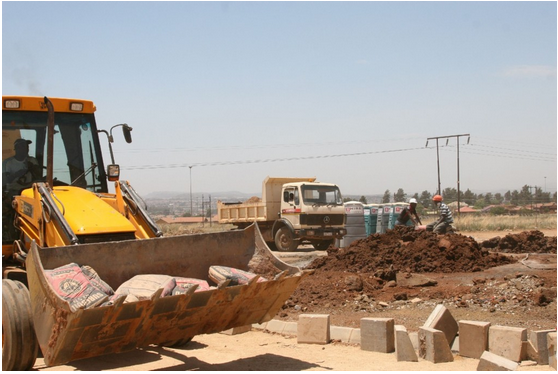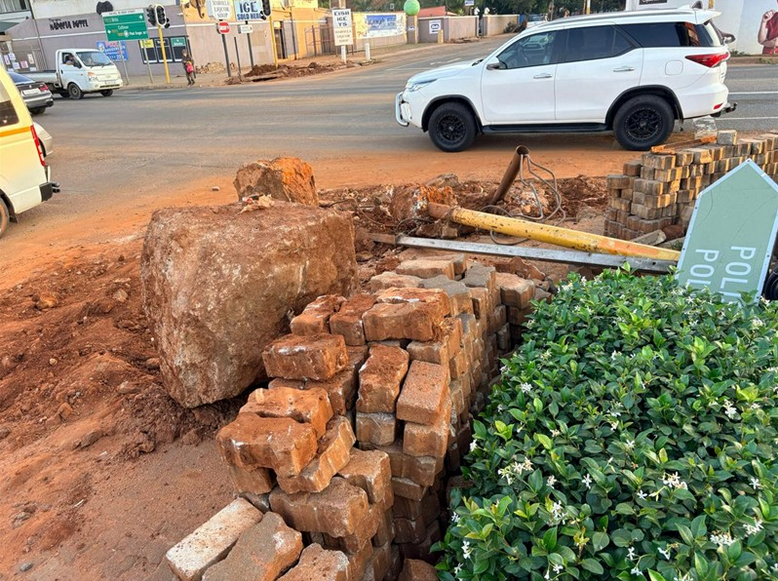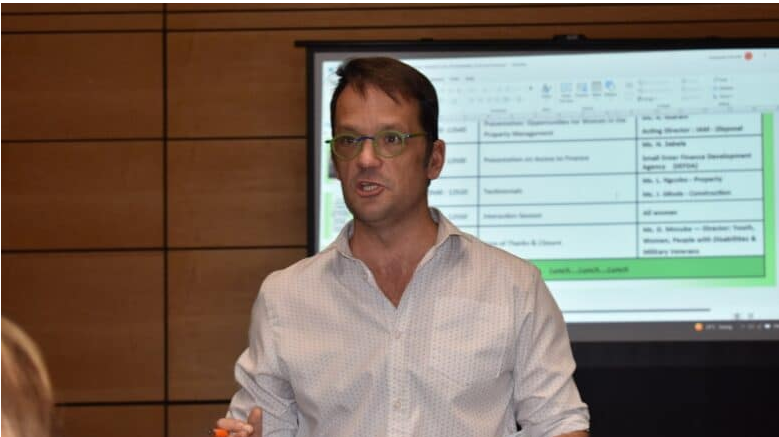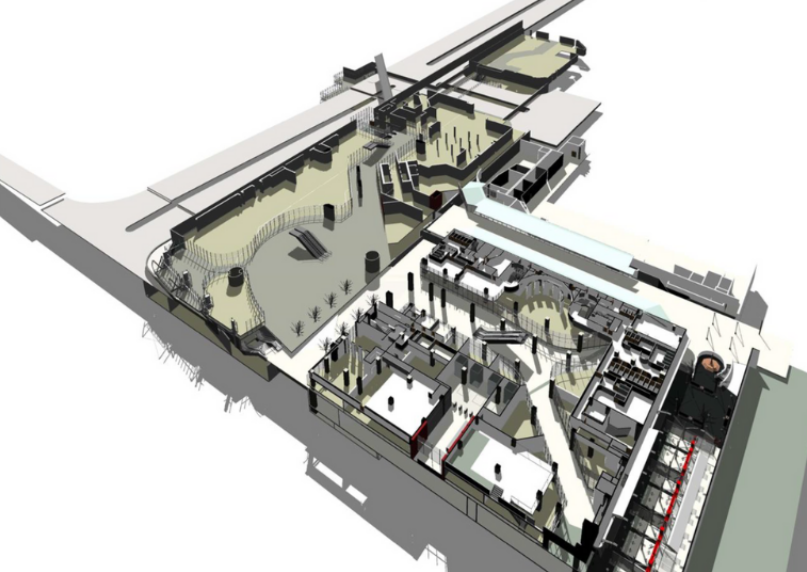Public Procurement Bill will ‘hinder’ infrastructure delivery

Advertising
29-02-2024
Read : 660 times
Moneyweb
Source
The country can’t afford to have it signed into law – Cesa.
South Africa cannot afford to have the new Public Procurement Bill signed into law in its current form because it will hinder rather than support the infrastructure delivery challenges facing the country, Consulting Engineers South Africa (Cesa) has warned.
Master Builders South Africa (MBSA) similarly believes there are serious challenges with the bill in its current form.
MBSA says the bill is unconstitutional and susceptible to legal challenges in its current form, blurs the lines between the executive and legislature, and gives the minister of finance unfettered power to make regulations, which is beyond the mandate provided by the constitution.
Cesa CEO Chris Campbell agrees, saying it is “highly likely” there will be a legal challenge to the bill if it is passed in its current form and becomes law.
MBSA executive director Roy Mnisi said in terms of the bill, the discretion of the minister of finance is unfettered, which will be unconstitutional.
Centralised control
“One issue our members have raised is that the role of the Treasury and the proposed Public Procurement Office have the impact of centralising procurement and stifling the independence of other organs of the state, state entities, public organisations and the municipalities,” said Mnisi.
He noted that the Public Procurement Office supplier database requirements are ambiguous and the process could be interpreted as granting the office discretion in regard to registration on the supplier database.
The bill has already been passed by the National Assembly and is now going through an approval process at the National Council of Provinces before being sent to President Cyril Ramaphosa to be signed into law.
The Public Procurement Working Group (PRWG), which comprises a number of civil society organisations, has also been outspoken in its criticism of the bill.
It said the bill will not achieve its purpose, which is to create a single regulatory framework that gives effect to the Constitution in general, and Section 217 in particular, and create a public procurement system that is fair, equitable, transparent, competitive, and cost effective and serves as a foundation upon which the public procurement system will operate.
The PRWG said it is clear – from many research reports, academic articles, and the Zondo Commission’s findings – that one of the primary causes of the dysfunctional state of public procurement in South Africa is the complex nature of the regulatory framework.
Campbell said that from an infrastructure delivery perspective, it cannot be sufficient for infrastructure to “be a mere mention in the definitions and one or two clauses” in the bill in its current form.
He said infrastructure, along with other items such as capital equipment, require a little bit more substance in primary legislation.
Campbell said this aspect cannot be left to the regulations, particularly when Cesa has found that there was insufficient consultation with people who are knowledgeable in those areas when regulations are crafted.
MBSA goes further and claims that Section 217 of the Constitution requires that the legal framework be in the legislation and not the subsequent regulations.
Public consultation
Campbell said although there was a public consultation process, there are indications that National Treasury did not look at many of the inputs that were received during this process, which makes the integrity of the process questionable.
He said public sector officials in the procurement space indicated during personal discussions that they were also never consulted.
“This is a ground-breaking bill for South Africa and you would have hoped that National Treasury would have gone to great lengths to get the input from the various entities at all the tiers of government because now you have legislation that you are hoping would be applicable to all.
“This is because it will result in anything around procurement that comes out of the Public Finance Management Act [PFMA] and Municipal Finance Management Act [MFMA] sitting in the Public Procurement Bill,” he added.
Campbell said Cesa contends that it appears to be “an extremely hurried process” because a round of comments went to National Treasury in 2020 but the bill only resurfaced for discussion at the Nedlac forum in 2022, meaning that the social partners – business, labour and government – had only six months to go through it and digest it.
He is also unsure if sufficient research was done even before the Nedlac process and pointed to the fact that South Africa’s neighbouring countries already have existing procurement legislation.
Mnisi said MBSA in principle does not have an objection to government promulgating a law that will speed up procurement, adding that this is something the construction industry needs.
However, he does not believe the construction sector, as a key industry involved in procurement, had sufficient opportunity to engage with government in the public consultation process.
Mnisi is peeved the public consultation process time period was “very, very short” and that the construction sector was only given an opportunity to comment along “with everybody else given the huge procurement in government that relates to infrastructure development”.
He said the view of MBSA’s members is that a form of engagement specifically with the construction sector would have assisted with this.
Priorities, objectives?
Campbell said Cesa believes the bill in its current form will hinder rather than support infrastructure delivery in South Africa, particularly as procurement will seemingly be done on who is the lowest bidder.
He said procurement should be looked at from a much broader perspective, including deriving value for money and not necessarily gravitating to the least cost but also factoring in the life-cycle costs of infrastructure or a capital item.
“If you look at the section under preferential procurement, the shortcomings in this bill will simply lead to more court challenges that then make the process come to a grinding halt,” he said.
Minister of Finance Enoch Godongwana referred to the bill in his budget speech last week but did not touch on any of the criticism of it.
However, he admitted that government is “well aware that currently, procurement processes often fall short of delivering the most cost-effective solutions to government’s needs”.
“Too often, there is a substantial disparity between the prices government is being charged and the prevailing market prices.
“Given that government buys in large quantities, we should in fact be paying less and leveraging our buying power to get more value for our money,” said Godongwana.
“Obtaining value for money, as well as the principles of efficiency, transparency, and competition, remain paramount.
“And we want to assure South Africans that these principles are not incompatible with transformation,” he said.
Recent News
Here are recent news articles from the Building and Construction Industry.
Have you signed up for your free copy yet?









